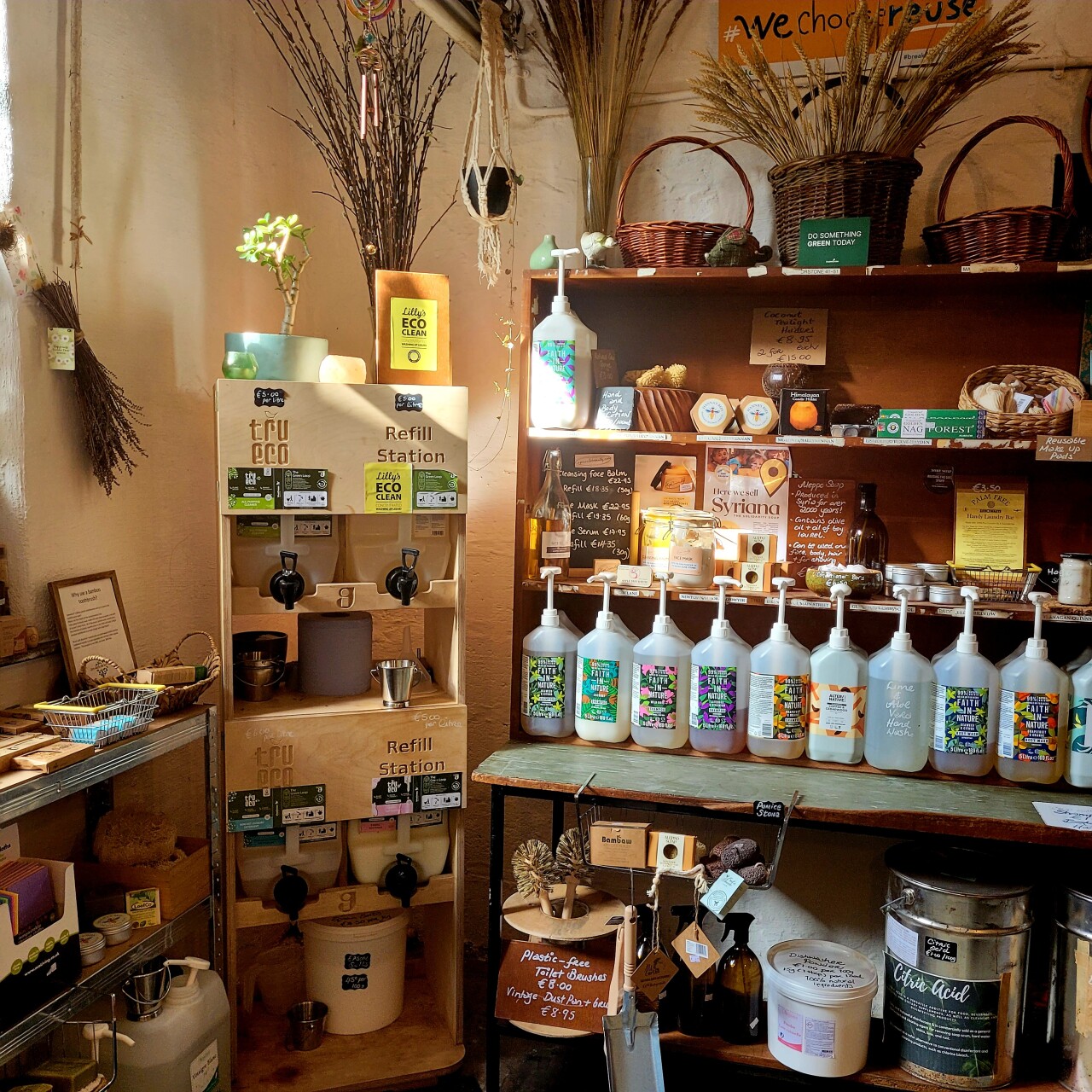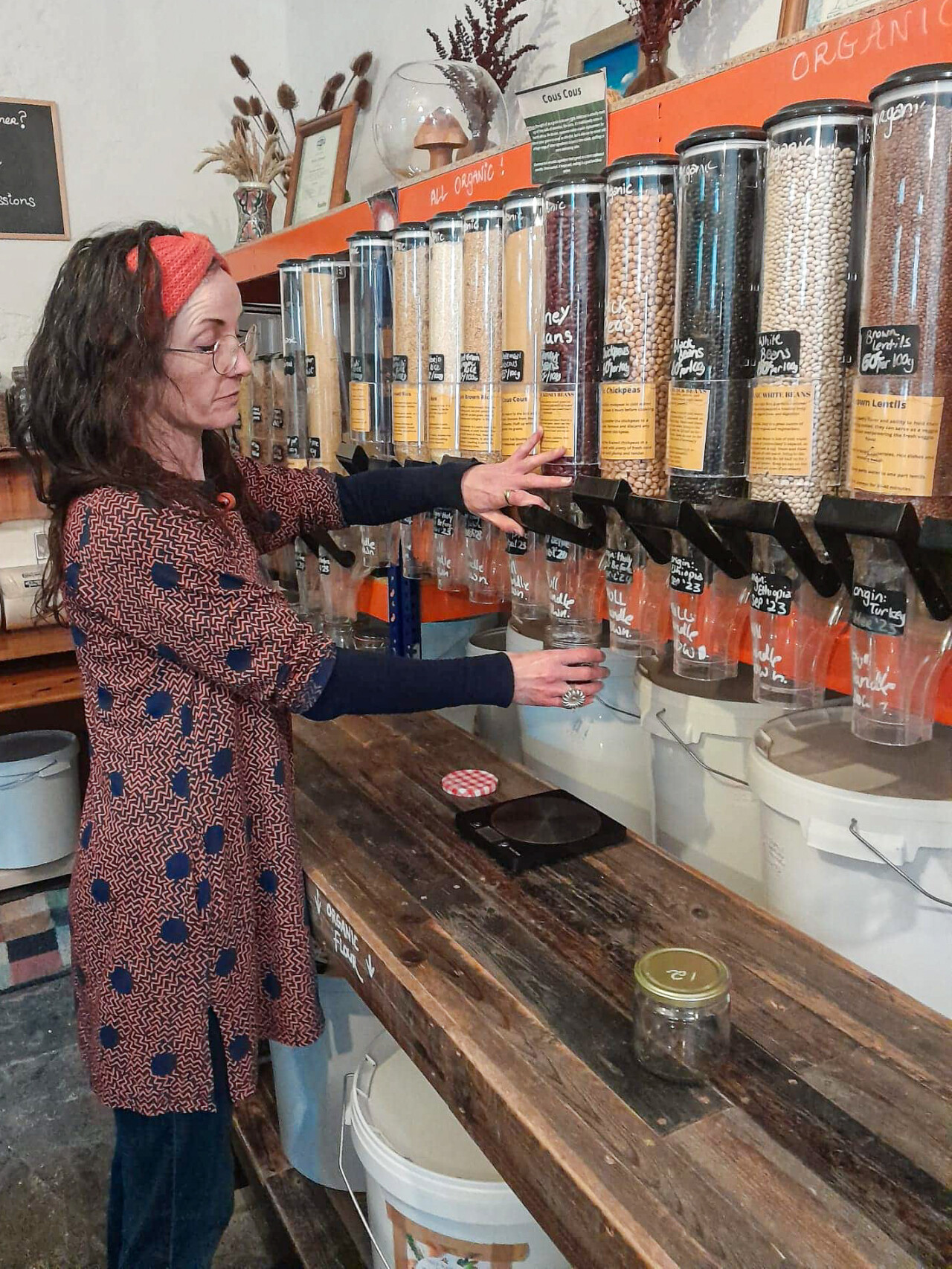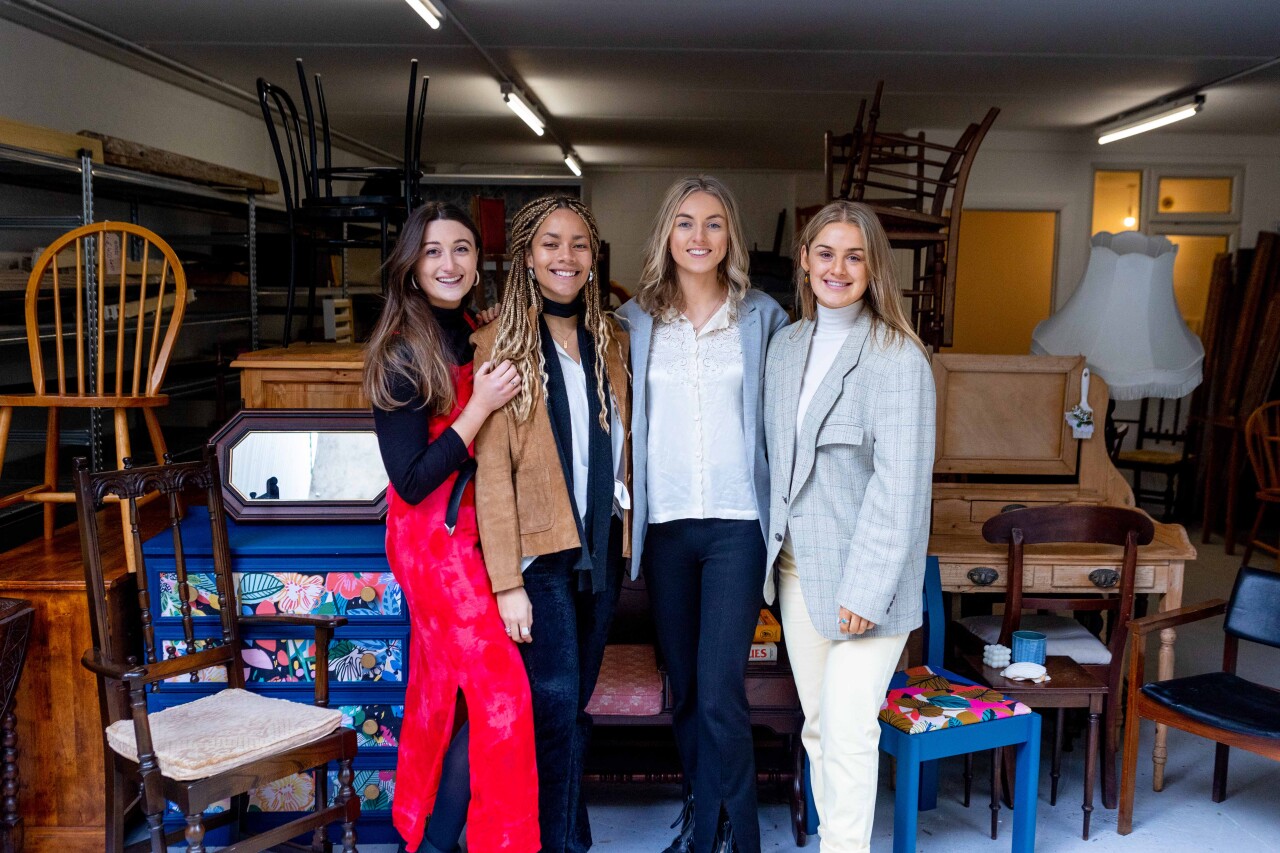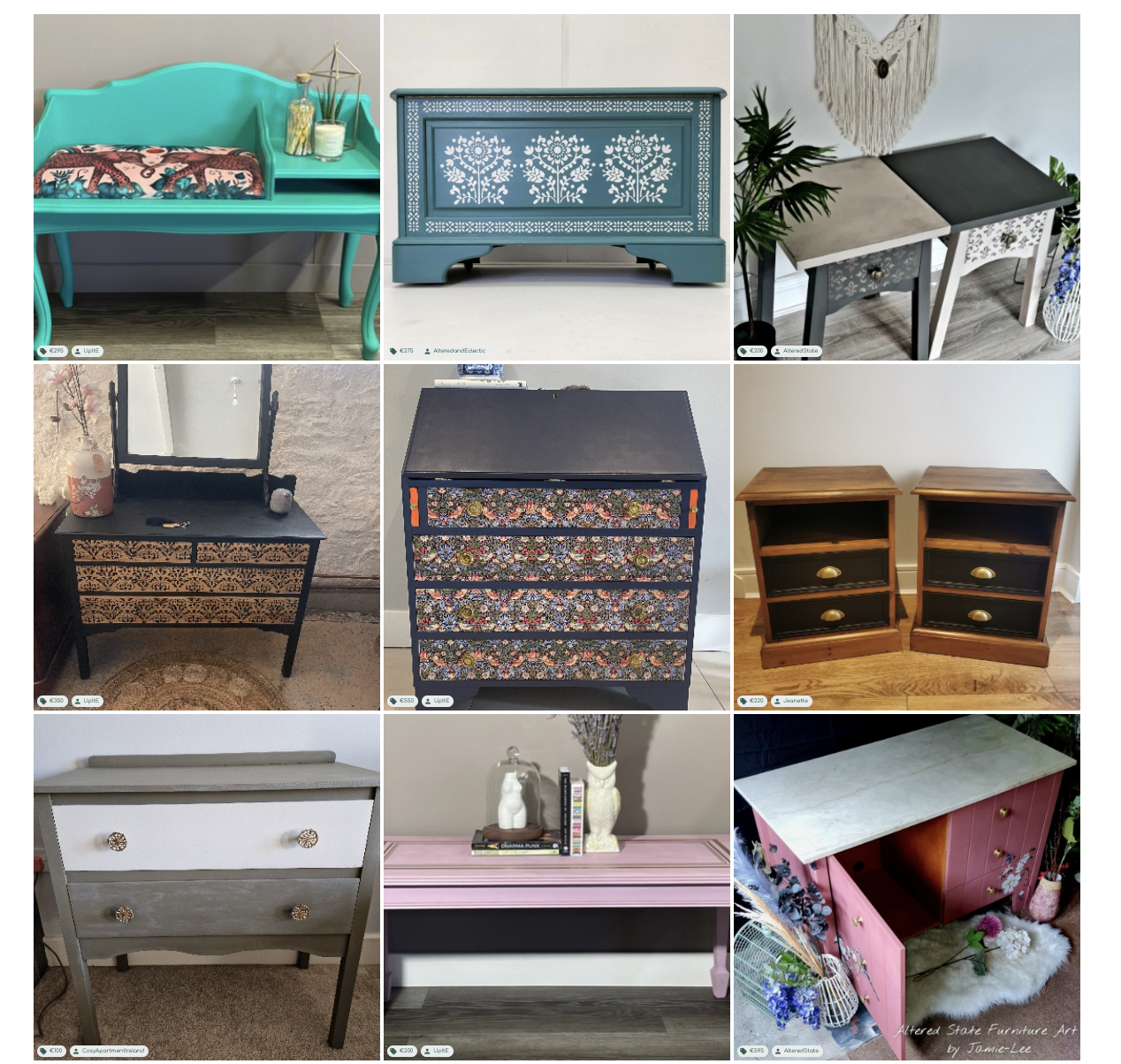Come Join Zero Waste!
Sustainability was first described in 1987 in the United Nations Brundtland report which aimed to bring attention to the urgent need for global cooperation. Since then, it has become a prominent approach to combating climate change and a keyword for human survival in light of various crises, including environmental issues.
A report by ‘First Insight’ - a tech company that provides predictive analytics and consumer insight to businesses - states that Generation Z prefers sustainable retail and eco-friendly brands and is willing to spend an additional 10 per cent to purchase these products.
Furthermore, Generation Z and Millennials are more likely to make purchasing decisions based on personal, social and environmental values.
The practice of eco-friendly business has become a global trend in recent years, young people are pursuing "value consumption" which refers to the process of consumers making purchasing decisions based on environmental sustainability and ethical production. And this phenomenon is a growing trend that can be found here in Ireland with zero-waste.
Zero-waste was originally a term used to refer to the practice of manufacturing various commodities and managing household waste. Bea Johnson, a French-American woman living in California in the United States, decided to apply this to her family’s life. She shared this process in her popular blog, ‘Zero Waste Home’.
Influenced by her blog, Lauren Singer who worked as sustainability manager for the NYC Department of Environmental Protection, went beyond spreading the Zero-Waste movement and began making the things she needed for her life as an eco-friendly warrior.
As a result of this, Lauren opened a sustainable store in New York called 'Package Free'. The goal of the sustainable shop is to make it easy for people to reduce their waste by offering products that are reusable, compostable, and recyclable.
Through her efforts at ‘Package Free’, Lauren has prevented over 100 million pieces of plastic trash from ending up in landfills.
As the public’s interest in sustainability has increased, there has been an increase in the number of zero-waste shops in Ireland. Orla Coutin, (28), an administrator and researcher for Zero Waste Alliance Ireland - a non-profit organisation that advocates for zero waste practices in Ireland—said: “There are many refill and zero waste stores after recently opening throughout the country.
“The Covid pandemic was definitely a struggle for them but through customer demand, they seem to have managed to stay open. People are a lot more aware now of the climate crisis, and studies have shown that when given the option, many people would opt for the more sustainable choice,” she added.
At these sustainable stores, consumers can fill empty containers with as much shampoo, detergent, coffee, food and spices as they want.
Jenny Brewer (45) spent 20 years in a corporate travel job, and she was happy there for the most part, but she knew that she wanted to do something else. She calls herself an accidental entrepreneur and sustainability advocate.
“When I watched ‘A Plastic Ocean’ on Netflix, I was deeply affected by the devastation our wasteful habits were having on our marine environment. It did not sit well with me that so many single-use plastics, used for a matter of minutes, could remain in the environment for so long,” she said.
“Once I realised that a lot of my plastic waste was from food packaging, I decided to look for a zero-waste shop nearby. However, I realised there weren’t any, so I decided to open one myself.”
After Brewer found her passion in life, she opened Zero Waste Market Place and became the founder of Tipperary’s first and only organic refill shop. "I source lots of eco-friendly, plastic-free products to enable people to transition to a more sustainable lifestyle. Our range includes household/cleaning products, haircare and personal care products, organic wholefoods and many natural, handmade skin care products made here in Ireland,” she said.
According to the latest figures on packaging waste by the Environmental Protection Agency, Ireland generated 1,118,586 tonnes of packaging waste in 2020.
Administrator and researcher for Zero Waste Alliance Ireland, Orla Coutin, also highlighted the need to switch from a linear economy to a circular economy in Ireland: “A circular economy is the way forward for Ireland and the zero-waste movement is part of this concept. Moving away from a linear way of doing things is essential, the current ‘use and discard’ model is not sustainable. Single-use plastics need to be phased out and better waste management practices should be introduced. In 2020, 42% of municipal waste was incinerated and waste generation as a country is continually increasing.”
Ireland recycled 62% of its packaging waste in 2020, exceeding the EU target of 55%. However, as the EU's packaging recycling target increases to 65% in 2025 and 70% by 2030, Ireland needs to make further improvements in packaging recycling soon.
“Sometimes doing little things, such as using a refillable water bottle, might seem insignificant, but the collective effort makes a huge difference. It is through collective effort that we can combat plastic waste and change the world,” Brewer added.
For further information about zero-waste stores, visit https://www.zerowastemarketplace.ie/
Image 1—Inside Zero Waste Market Place, Tipperary’s first and only organic refill shop.
Photo provided by Zero Waste Market Place. (Photo credit: Zero Waste Market Place)
Image 2—Jenny Brewer, founder of ‘Zero Waste Market Place’, is explaining how she operates a zero-waste store. (Photo credit: Zero Waste Market Place)



